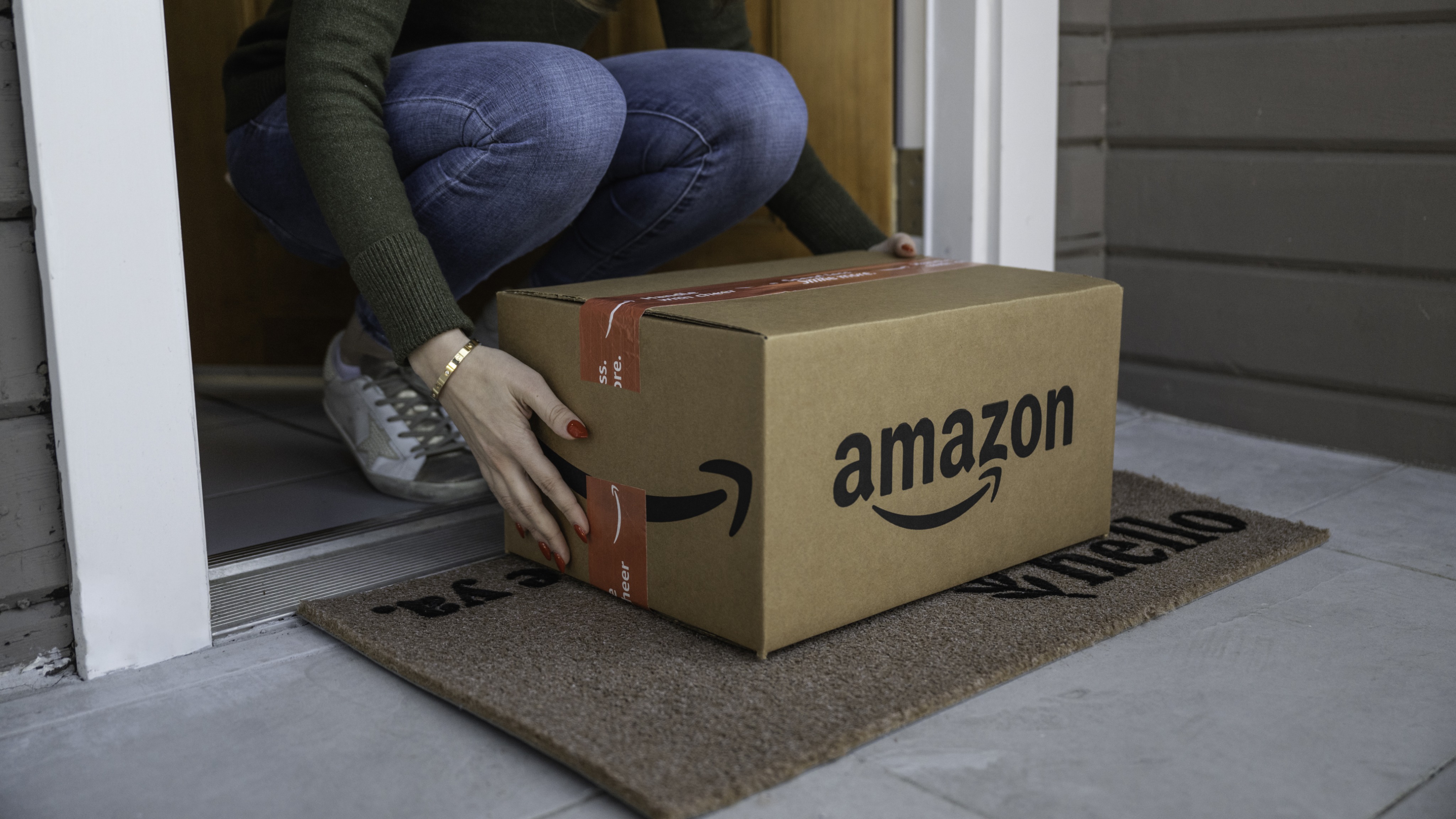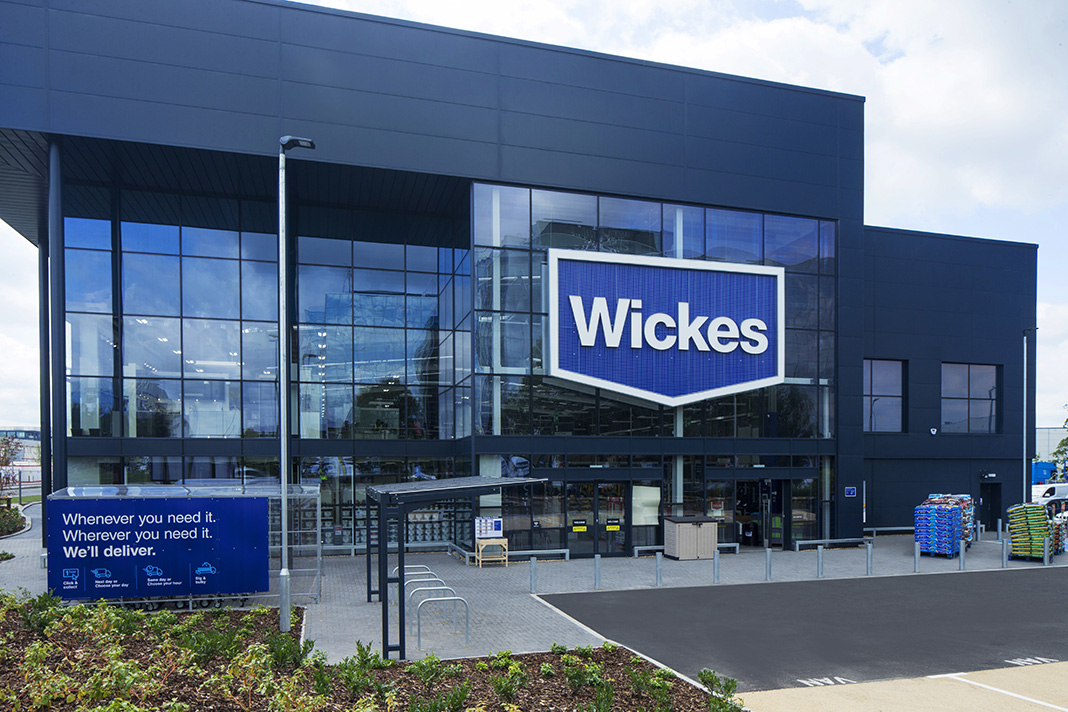Britain has lost around 6,000 storefronts since 2018, according to new research from the British Retail Consortium (BRC).
The BRC’s Local Data Company (LDC) vacancy monitor shows the vacancy rate of storefronts had increased to 13.9 per cent in the second quarter of the year – up 0.1 per cent year-over-year. The body said that this was driven by factors including the aftereffects of the pandemic on business, rocketing energy rates, and general reduced spend during the cost-of-living crisis.
Shopping centre vacancies meanwhile stood at 17.8 per cent, a figure that is unchanged from the first quarter.
The lowest vacancy rates can be found in Greater London, the south-east and the east of England, with London in particular improving due to the opening of new flagship stores and an increase of tourists and office workers. The highest vacancy rates can be found in the north-east and the Midlands, followed by Wales and Scotland.
The BRC said local councils must come up with a “cohesive plan” to invigorate shopping areas.
“The past five years saw Britain lose 6,000 retail outlets, with crippling business rates and the impact of the Covid lockdowns a key part of decisions to close stores and think twice about new openings,” said BRC chief executive Helen Dickinson.
She continued: “To inject more vibrancy into high streets and town centres, and prevent further store closures, government should review the broken business rates system,” noting that currently there is an additional £400 million going on retailers’ bills next April – a fact liable to put the mockers on “vital investment that our towns and cities so desperately need.”
Latest News
-
Topshop launches dedicated EU website
-
Amazon to close first UK fulfilment centre, 590 roles affected
-
Walmart’s drone delivery service kicks off in Houston
-
Currys hires new head of customer data
-
Coca-Cola abandons Costa Coffee sale after bids fall short of £2bn target
-
Lidl appoints chief customer officer
Beyond Channels: Redefining retail with Unified Commerce
This Retail Systems fireside chat with Nikki Baird, Vice President, Strategy & Product at Aptos will explore how unified commerce strategies enable retailers to tear down these barriers and unlock new levels of operational agility and customer satisfaction.
The future of self-checkout: Building a system that works for consumers and retailers
In this webinar, industry leaders discussed what the future of self-checkout looks like and how retailers can make the technology work for everyone.
© 2024 Perspective Publishing Privacy & Cookies










Recent Stories